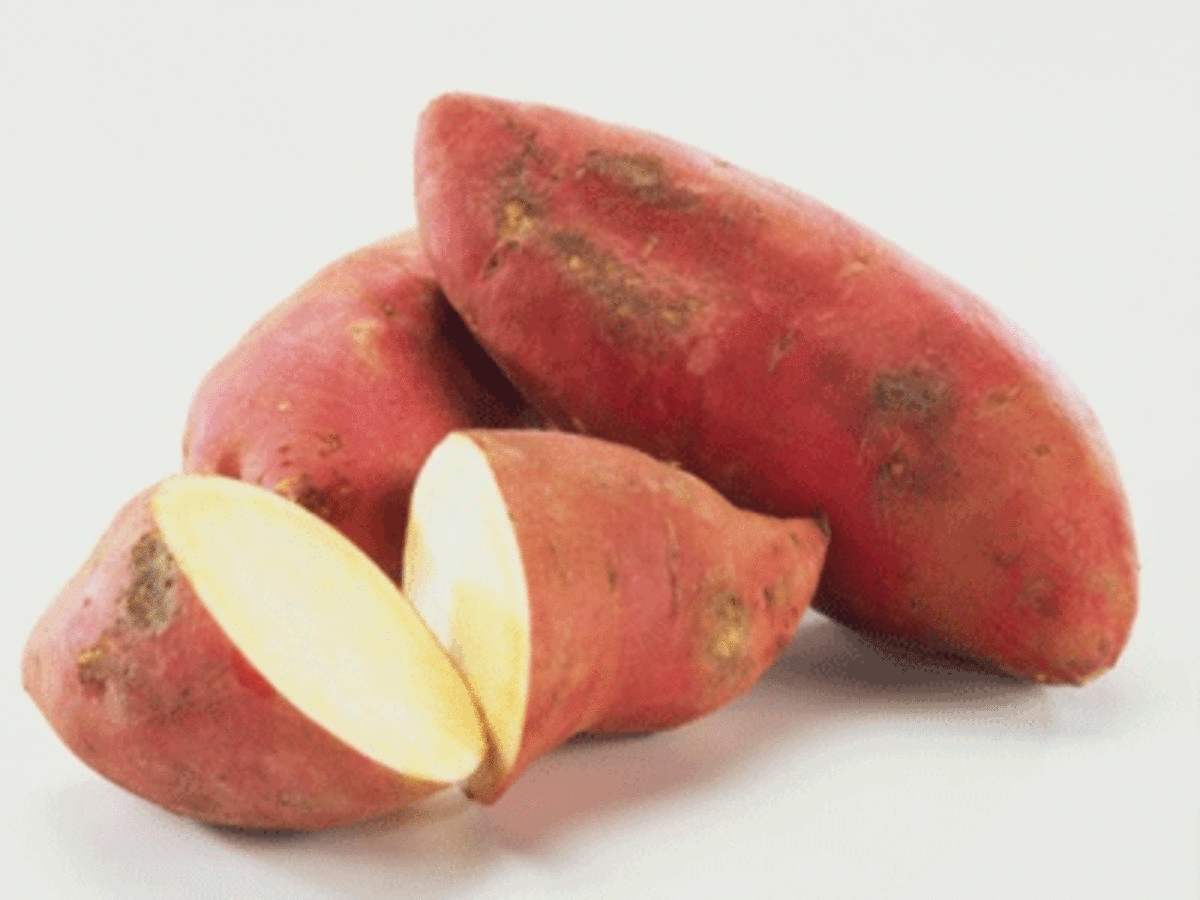How To Improve Eyesight Naturally Fast? Foods To Improve Vision
Have you ever thought about how to improve eyesight naturally fast? People’s eyes are becoming tired faster and more people are developing age-related vision impairments because they spend so much time staring at tiny text and pictures on computers, TVs, and mobile devices.
Yet deteriorating vision need not be a natural consequence of becoming older. With these three guidelines in mind, you’ll be well on your way to a long and healthy life.
The eyes are one of the most precious senses we possess, thus it’s crucial to maintain good eye health.
A simple approach to guarantee your eyesight and eye health are being properly cared for is to have frequent eye examinations, but what more can you do to keep your eyes in good shape in between visits to your optometrist?
Read on to find out more about the benefits of healthy vision, non-medical methods for enhancing your eyesight, and warning signs that it’s time to see an ophthalmologist.
Your eyes are one of the most important parts of your body. Your eyes need the same kind of care and attention that you provide to the rest of your body, such as a healthy diet, frequent exercise, and other healthy habits.
Regular eye exams are essential for maintaining healthy eyes and detecting any potential problems before they cause permanent damage to your sight.
Table of Contents
Why Is Having Good Vision Important?
The eyes are responsible for around 80% of our perceptual abilities, thus any decline in eye health may have serious consequences.
Taking care of your eyes may help you avoid blindness by preventing or delaying the onset of conditions like cataracts and glaucoma.
How To Improve Eyesight Naturally Fast? Foods To Improve Vision
To have unrestricted access to the globe is a blessing. When it comes to taking in the world around you, your eyes are among the most crucial senses.
Consequently, it’s crucial to consume certain nutrients in order to naturally enhance vision. While factors like age and technology usage may take a toll on your eyesight, the right diet can help protect your eyes from sun damage.
They also protect your eyes by preventing damage to your corneas and retinas. In this piece, we will go over the 15 foods that should be a regular part of your diet if you care about protecting your vision. Read on to learn more about them!
1. Carrots
In addition to their aesthetic value, carrots also have several health benefits. They may be used in a variety of different ways and give food an amazing hue. Beta-carotene, an antioxidant and a precursor of vitamin A, is abundant in these foods.
A. Carrot consumption has been linked by researchers to better night vision and slower eyesight decline. Carrots protect against oxidative damage and inflammation, two key contributors to vision impairment.
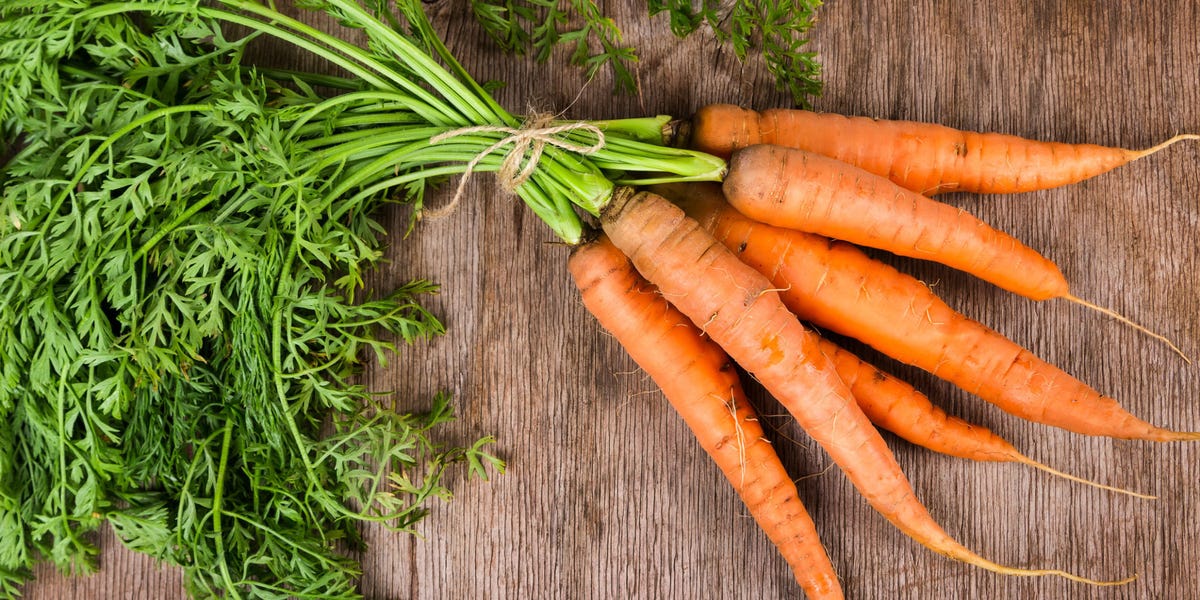
The internet is rife with recipes for carrot soup. Prepare them in a curry or combine them with other vegetables.
Carrots retain their highest nutrient density when eaten raw, while heating them somewhat reduces their nutrient profile. When hunger strikes, nibble on a carrot.
Eat it alone, or toss it into a salad. But don’t forget to hydrate thoroughly. Carrots are a good source of vitamin A, but too much of it may be harmful.
2. Fatty Fish
There are a lot of healthy omega-3 fatty acids in fatty fish. Furthermore, the ratio of omega-3 to omega-6 fatty acids is balanced by omega-3s, which helps prevent inflammation.
The immune system benefits from the enhanced physical and mental performance that comes about when inflammation levels are reduced.
![]()
And there’s plenty of DHA, an omega-3 fatty acid, in that spot just next to the retina. Fish like salmon, tuna, and mackerel are good for your eyes, therefore eating them is a good idea.
Talk to your doctor about taking fish oil supplements if you don’t eat fish. Fatty fish is best enjoyed after being grilled. Some cooking methods, such as frying or poaching, may diminish its nutritional content.
3. Spinach
Spinach is an excellent source of vitamins E, A, B, and C, as well as phytonutrients such as lutein and zeaxanthin, as well as minerals like iron and zinc.
Carotenoids such as lutein and zeaxanthin have characteristics that make them effective antioxidants and anti-inflammatories.
Therefore, eating spinach on a regular basis in sufficient quantities may aid in the prevention of macular degeneration and cataracts. Spinach, which is rich in zinc, may also contribute to the overall health of corneas.

Put a handful of spinach in your smoothies for a luscious green color. You may get rid of any grassy or harsh flavor your spinach smoothie might have by adding fruits to it.
The spinach daal or soup also has a delicious flavor. You may get a satisfying crunch in your cuisine by using baby spinach in either sandwiches or creamy pasta dishes.
4. Eggs
Eggs are an excellent source of a variety of vitamins and minerals, including those that are both water- and fat-soluble. Although it contains a moderate amount of cholesterol, the egg yolk is an excellent source of lutein and zeaxanthin, the yellow pigments that give the yolk its color.
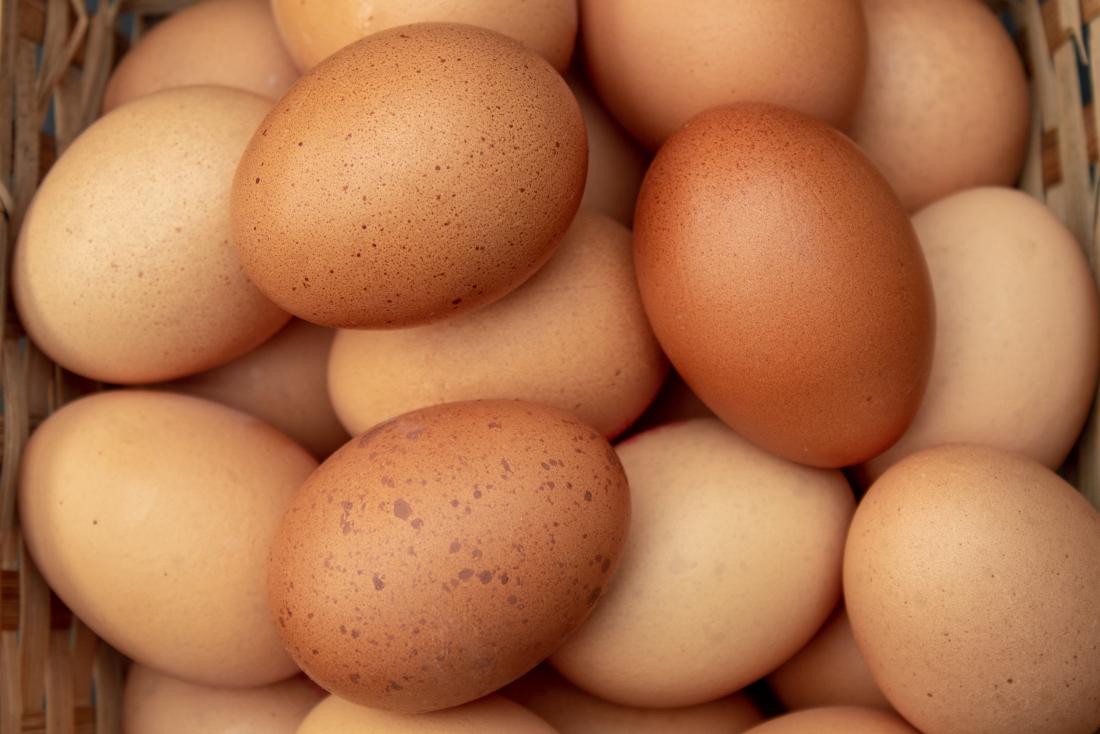
Consume one or two eggs in their whole every day to maintain healthy eyes. The tastiest eggs are those that have been boiled, poached, or soft-boiled, and any of these preparations may be used to improve the flavor of other dishes.
5. Dairy
Both yogurt and milk are excellent choices for nourishing and protecting one’s eyes. In addition to calcium and phosphorus, an abundance of zinc and vitamin A may be found in them.
Zinc assists in transporting vitamin A from the liver to the cornea, where it may be used to help protect the cornea from damage. In addition, zinc wards against cataracts and improves one’s ability to see at night.
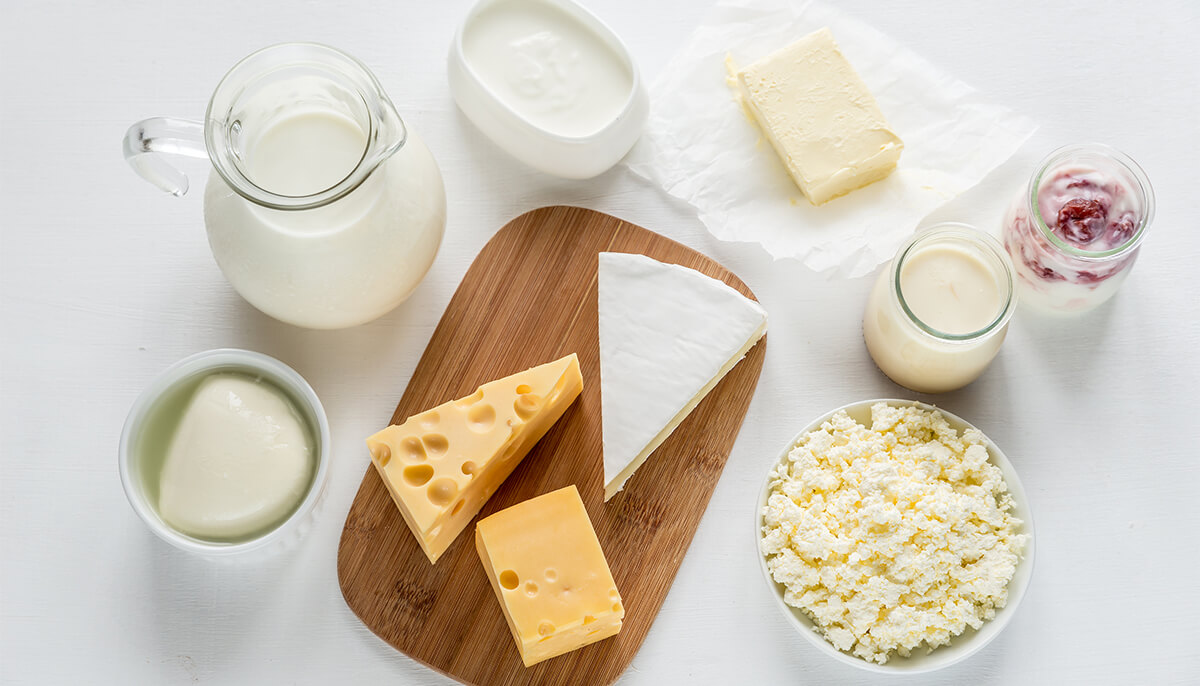
You may have milk from cows who were given grass first thing in the morning or just before you go to sleep at night. Eat some yogurt as a snack in the afternoon or after lunch.
6. Nuts
Nuts are an excellent source of both healthy fats and vitamin E, an anti-inflammatory nutrient that is found in abundance in nuts. Consuming nuts that are high in vitamin E has also been shown via research to reduce the risk of developing cataracts as a result of ageing.
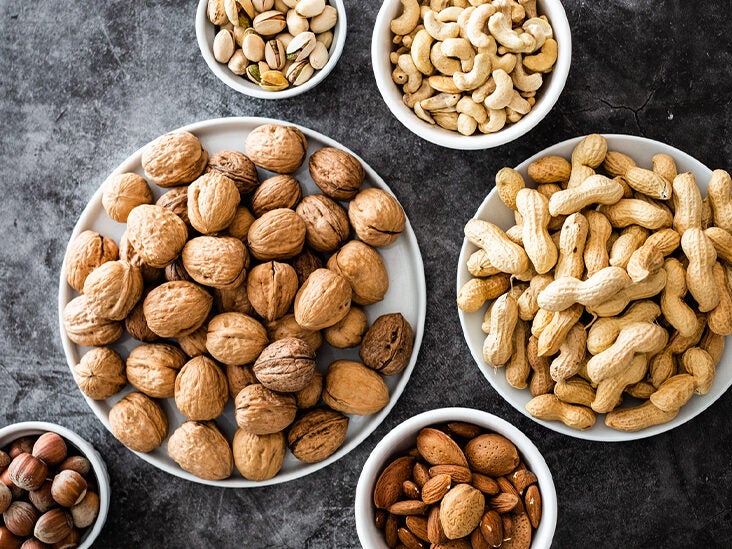
For the sake of maintaining and enhancing your eyesight, you should consume one handful of mixed nuts on a daily basis. However, use caution while dealing with these little packages of happiness since it is simple to get carried away with them.
7. Kale
Kale, much like spinach, is an excellent source of vitamins, minerals, dietary fiber, and the antioxidant lutein. Lutein has been shown to protect the eyes against age-related macular degeneration and cataracts, as well as from damage caused by light and oxidative stress.

AThe amount of lutein that may be obtained by consuming around 100 g of kale is 11 mg. You can use kale in salads, soups, wraps, and sandwiches as well as drink smoothies made with it.
8. Whole Grains
Whole grains are rich in dietary fibre, phytonutrients, vitamins, and minerals, making them an excellent source of these nutrients. Zinc and vitamin E are the two primary minerals that are contained in them that are beneficial to eye health.
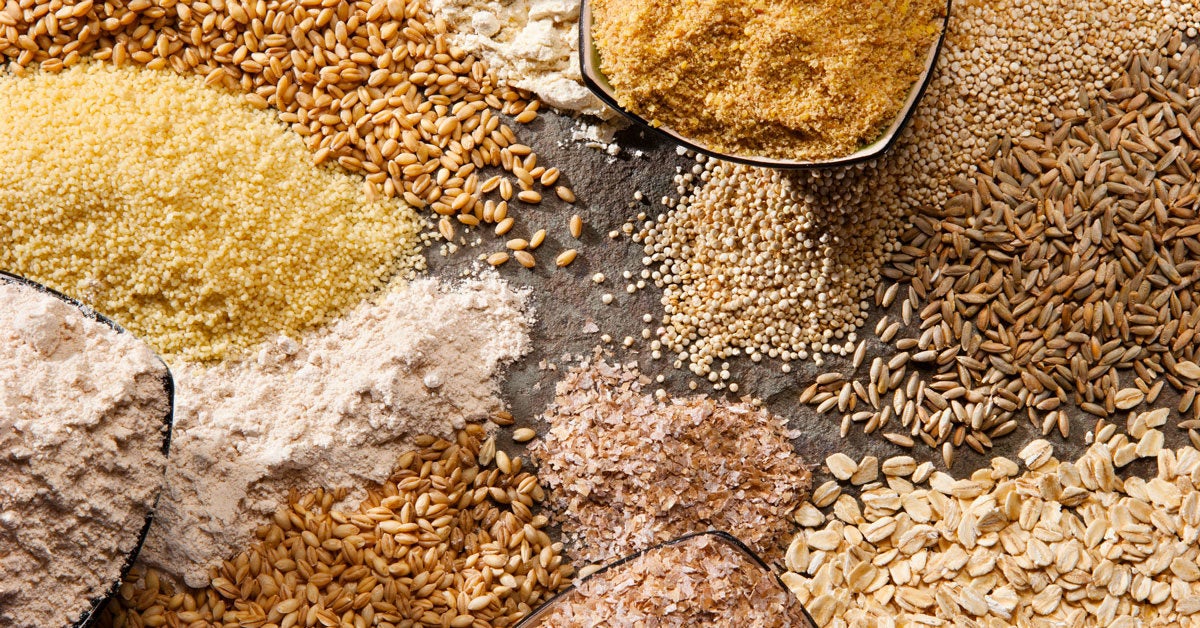
These aid in preventing oxidative damage and inflammation that may occur in the eyes.
For improved eye health, consuming quinoa, whole lentils, oats, and brown rice is recommended.
9. Oysters
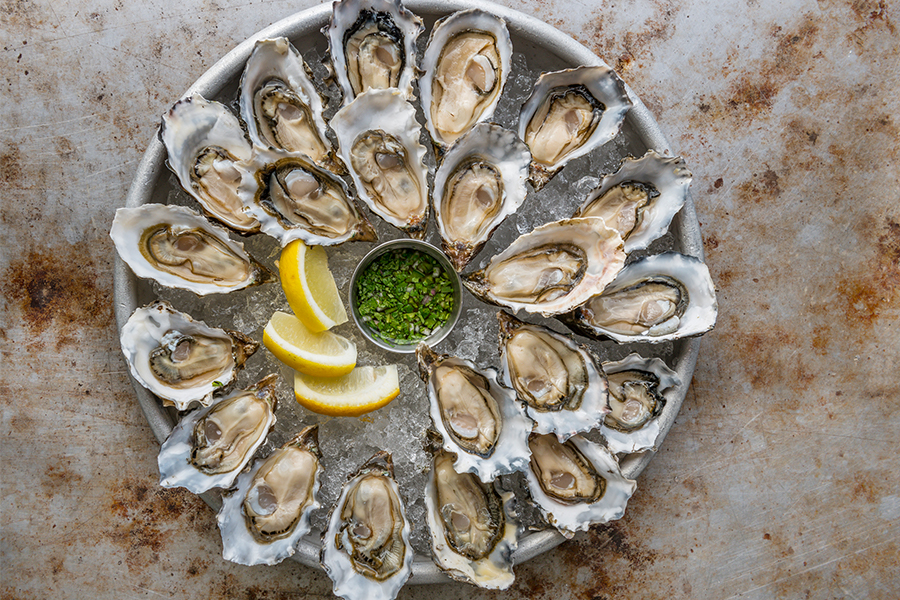
10. Red Bell Pepper
The red bell pepper is an excellent source of vitamin A, vitamin E, and vitamin C, as well as zeaxanthin and lutein. These vitamins and phytonutrients are known to protect the eyes against macular degeneration and help maintain excellent retinal health by reducing oxidative damage. In addition, they help retain healthy vision.

Consume red bell pepper in any of its raw, blanched, or cooked forms.
11. Broccoli
One of the many vegetables that are beneficial to one’s health, broccoli is an excellent example. Because it contains vitamins A, E, and C in addition to lutein, broccoli is considered to be a good diet for the eyes. It does this by avoiding photodamage and oxidative damage, both of which are harmful to your eye health.
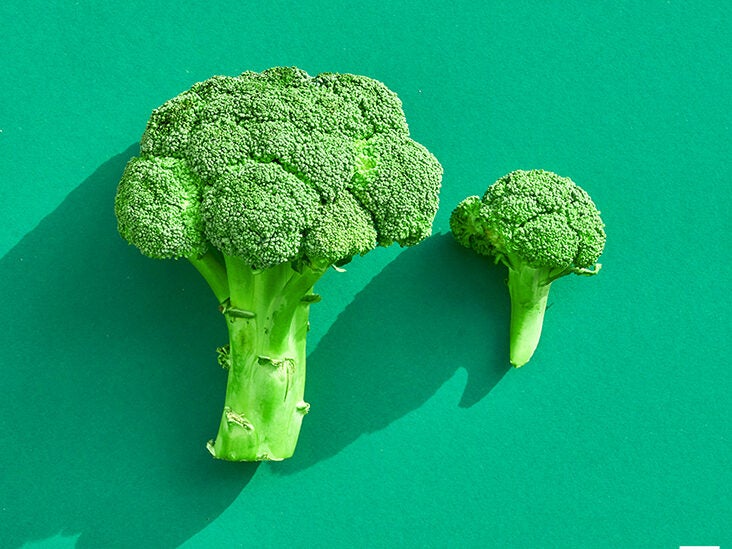
Consume broccoli that has been roasted or blanched.
12. Sunflower Seeds
Sunflower seeds have been shown to significantly improve a person’s general health. These are chock full of vitamin E, protein, and unsaturated fats that are good for you. These nutrients assist in lowering inflammatory levels and clearing the eyes of metabolic waste products.
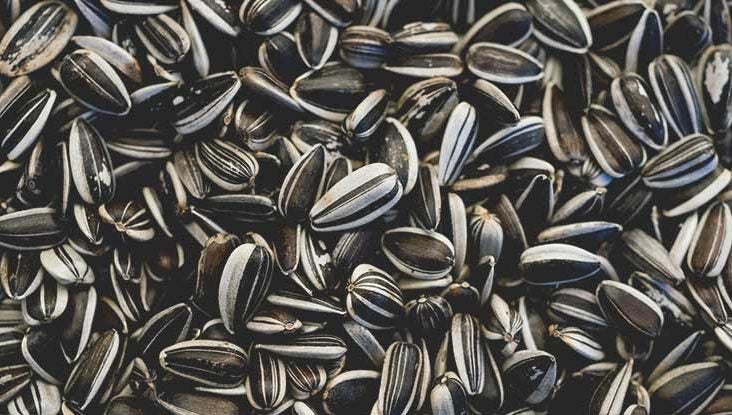
Put a few sunflower seeds in your breakfast dish, add them to your salad, or blend them into your smoothie.
13. Citrus Fruits
Due to the high metabolic rate of the eyes and the ongoing need to flush out toxins created as a consequence of metabolic processes, regular consumption of antioxidants is required.
Vitamin C is an incredible immune system booster and can be found in abundance in citrus fruits, berries, and kiwis, among other foods.
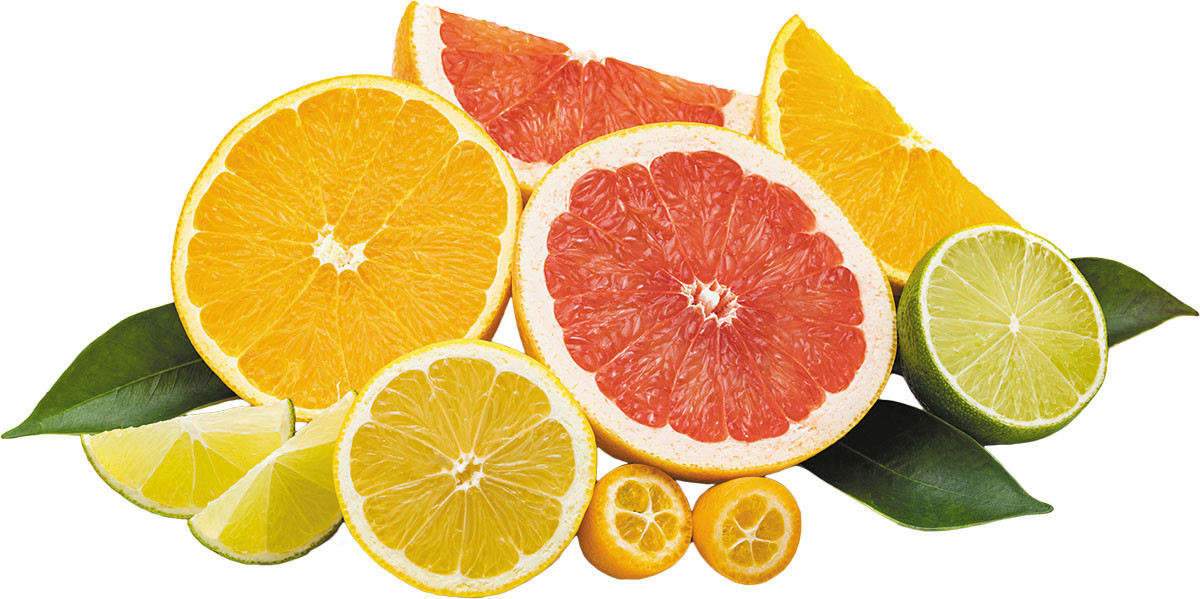
Because it is an antioxidant, it helps to scavenge the potentially damaging oxygen radicals, which in turn protects your eye muscles from being damaged. The health of the blood vessels that are present in the eyes may also be improved by taking vitamin C.
14. Beans And Legumes
Zinc and bioflavonoids may be found in very high concentrations in foods like beans and legumes. These aid in reducing the likelihood of cataract formation and protecting the retina at the same time.
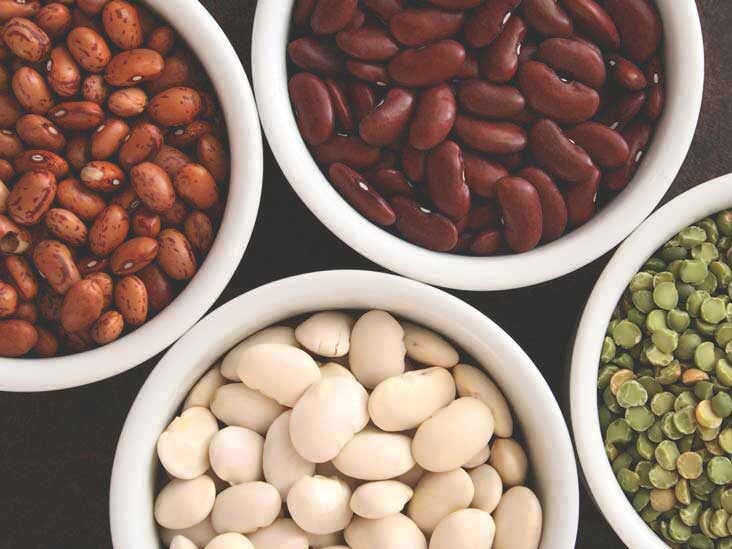
For better eye health, have enough of lentils, kidney beans, chickpeas, and sprouts in your diet. Green peas are also good for your eyes.
15. Sweet Potato/Purple Sweet Potato
Both white sweet potatoes and purple sweet potatoes are good for your eyesight (10). Both zeaxanthin and lutein are responsible for giving foods their characteristic yellow colour, as was just discussed. These anti-inflammatory and detoxifying antioxidants may be found in sweet potatoes, which can help flush out pollutants.
You may get all of the health advantages of sweet potato by either baking or boiling it.
In addition to eating these foods, here are some more things you can do to keep and preserve your vision.
How To Take Care Of Your Eyes To Prevent Eyesight Problems?
It is simpler to take care of your eyes if you eat certain meals, but you still need to perform a few things to ensure that these nutrients are doing their job effectively. The following are some of the steps that need to be taken to avoid vision impairment.
Eye Exercises
You need to train your eyes in order to build up the muscles in them. A few examples of eye workouts include focusing and unfocusing the eyes, rolling the eyes, palming, and others. Check out this post if you’re interested in learning more.
Spray the Water About
We are all addicted to our electronic devices, whether it be our computers, iPads, or mobile phones. No matter how many layers of protective coatings we apply to the glasses, the eyes will always be harmed since the radiation emitted from these gadgets is very hazardous. Splashing your eyes with water every one to two hours can help to keep them cool.
Close Your Eyes
You may find yourself staying up late in order to meet a tight deadline. Unluckily, the eyes of various species of owls are constructed in different ways. Simply shutting your eyes for two to three minutes can rejuvenate them. If you keep doing it once every half an hour, you will see a change.
Adjust The Level Of Illumination.
You may help safeguard your vision by adjusting the illumination on your computer, mobile phone, and iPad. This can reduce photodamage, which can be harmful to your eyes.
Put On Some Sunglasses.
It is imperative that you use eye protection while exposed to the harsh sunshine. Wear sunglasses whenever you venture outdoors, especially if the weather is really bright. They will protect you from photodamage as well as damage caused by UV rays.
Obtain The Proper Eyewear Today
Visit a reputable eye doctor for an examination. Make sure that you provide him or her the appropriate responses to his or her inquiries so that they can prescribe you the appropriate glasses.
Maintaining and improving one’s visual health is essential despite the fact that one’s eyesight may become less healthy as they age. You may do this by paying careful attention to the foods you put into your body. Carrots, spinach, eggs, almonds, and healthy grains are some of the foods that have been shown to naturally enhance vision.
These natural substances are useful since they are rich in sources of omega-3 fatty acids as well as other nutrients that are beneficial to one’s eyesight. In addition to this, they are rich in the antioxidant beta-carotene, which is converted in the body into the vitamin A that is necessary for healthy vision.

